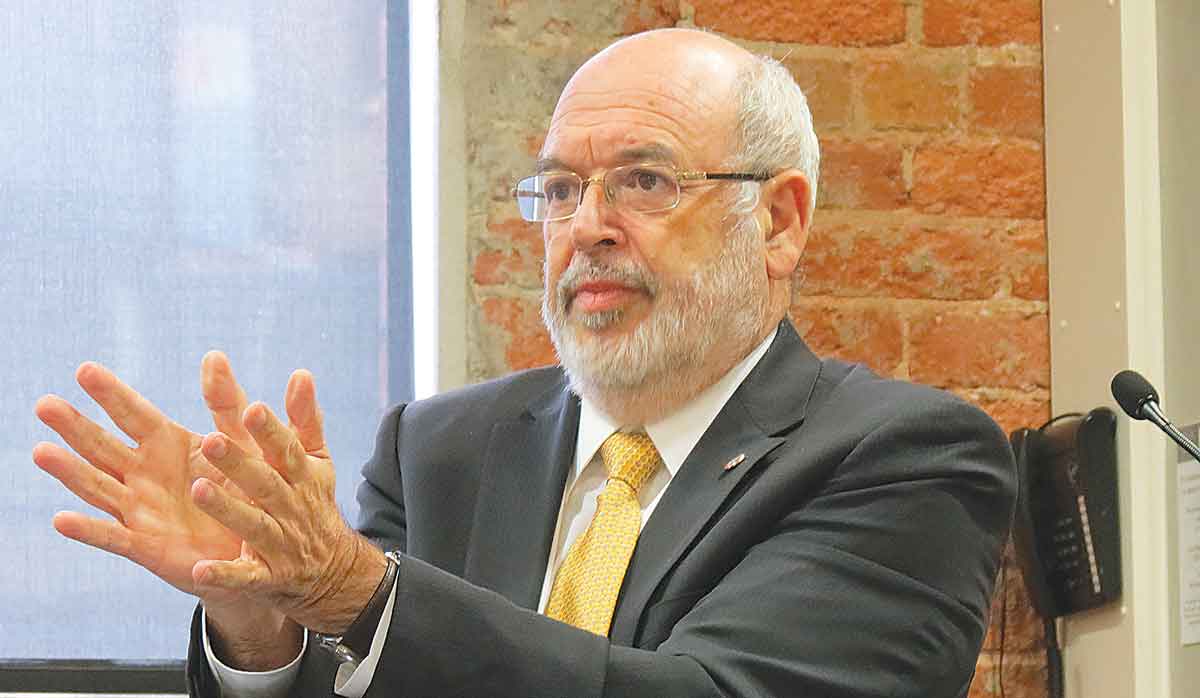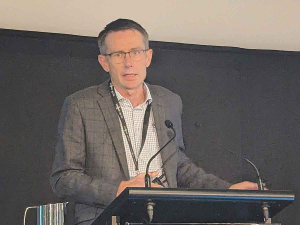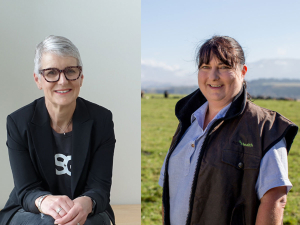“Primary production is not a sunset industry, but it needs to evolve,” says Professor Sir Peter Gluckman – the PM's Chief Science Advisor for a decade.
Gluckman now heads Auckland University think tank, Koi Tu, which recently produced a report highlighting the importance of the sector to New Zealand.
The report, ‘Future of Food & the Primary Sector: the journey to sustainability’, is part of a series of papers under the banner of The Future is Now.
It suggests New Zealand’s food and primary industries need to capitalise on our rising international reputation with a long-term food strategy that supports sustainability and can adapt to new technologies and consumers.
The paper was produced by Koi Tū through a series of conversations with some of the most senior and experienced food industry leaders, scientists and stakeholders.
Gluckman told Rural News the report was not about next year or even the year after, but 20-30 years out. He says the Covid-19 pandemic is changing the economic shape of New Zealand in profound ways.
“Although our robust tourism sector has been stopped in its tracks, fortuitously our food industry is growing and global demand is buoyant,” Gluckman adds. “Our food production and processing industry remains a key part of our economic and environmental future.”
He believes there is an opportunity to leverage the mounting international interest in NZ’s status as a leading producer of elite primary products as the basis for the renewal of our national brand.
Gluckman says moves towards sustainability are not new for NZ farmers and growers, but the journey already under way needs to be accelerated. He believes this will require an overall strategy from both government and the sector.
“The opportunity for New Zealand’s food and primary industries to leverage their rising reputation based on full commitment to environmental sustainability is not without challenges. There must be an integrated strategy with a common set of goals, based on a collective, cross-sectoral agreement that links economic, social and environmental aspirations.”
Gluckman concedes this will mean NZ’s food production system will need to become carbon neutral.
“Addressing the underlying issues that could make the biggest impact, such as the determination of land use, water-access rights and water-quality issues, has continually been placed in the too hard basket,” he claims. The reality of climate change means pastoral farming systems must adapt to the changing weather patterns that could make some current practices and land uses untenable.”
 |
|---|
|
Sir Peter Gluckman says the primary production is not a sunset industry, but it needs to evolve.
|
Meanwhile, Gluckman says the common assertion that our farming production is a mature industry is wrong and there are major opportunities to advance the sector, but a more strategic approach to research and development is needed. “Incentives in the New Zealand research system have a largely short-term focus, and significant changes are needed so that it addresses a clear set of strategic goals,” he says.
“New Zealand needs to make decisions about which technologies it should exploit, such as sensors, big data and artificial intelligence, and advances in life sciences such as gene editing, will dramatically change agriculture and food production systems.”
Gluckman says there is plenty of reason to believe that New Zealand can approach these challenges with confidence.
“Our primary sector produces the highest quality protein meat, dairy and fruit products with a low carbon footprint relative to its competitors.
“However, while individual brands may be strong, New Zealand definitely needs to consider how it now promotes itself.”
Gluckman concludes that the questions raised and the issues addressed in report need to be advanced in further stakeholder conversations.
“Urgent action is needed in some areas, such as the development of a clear national strategy for the primary sectors. Long-standing issues over water and land use need to be tackled, as well as emergent issues such as the pursuit of accelerated partnerships to address sustainability and branding.”




















